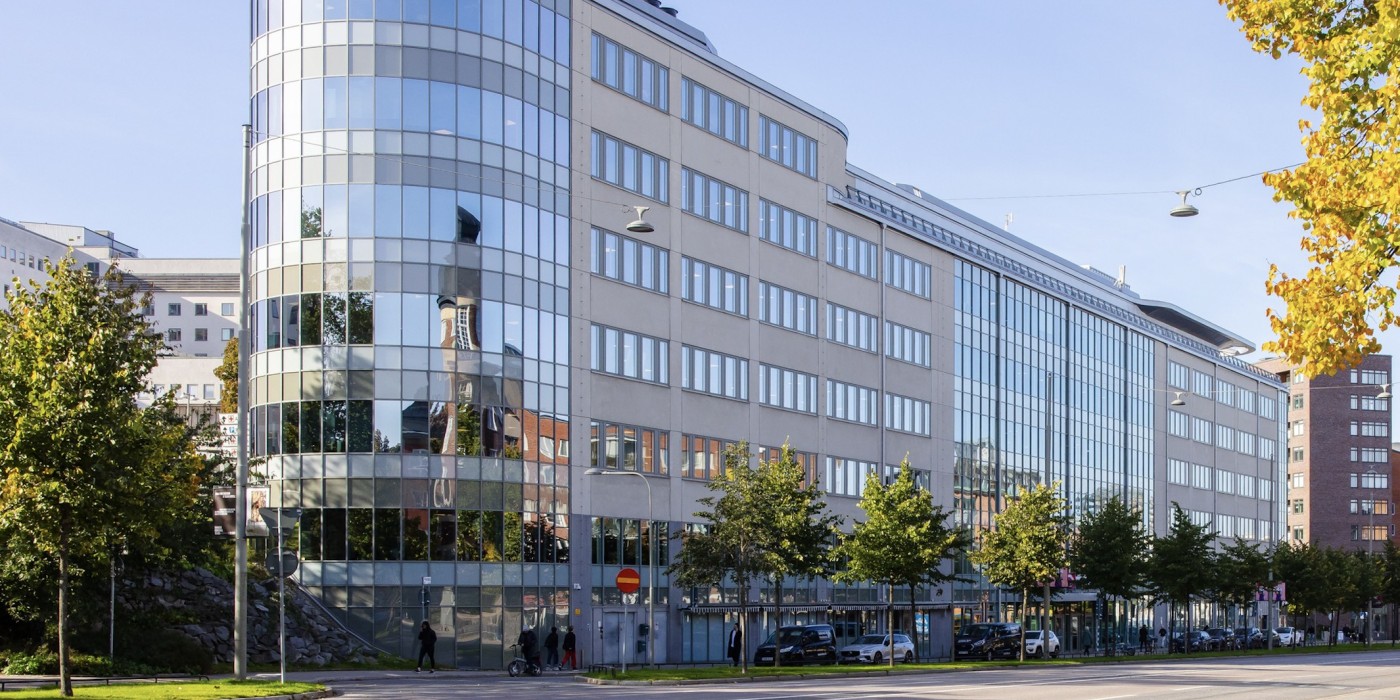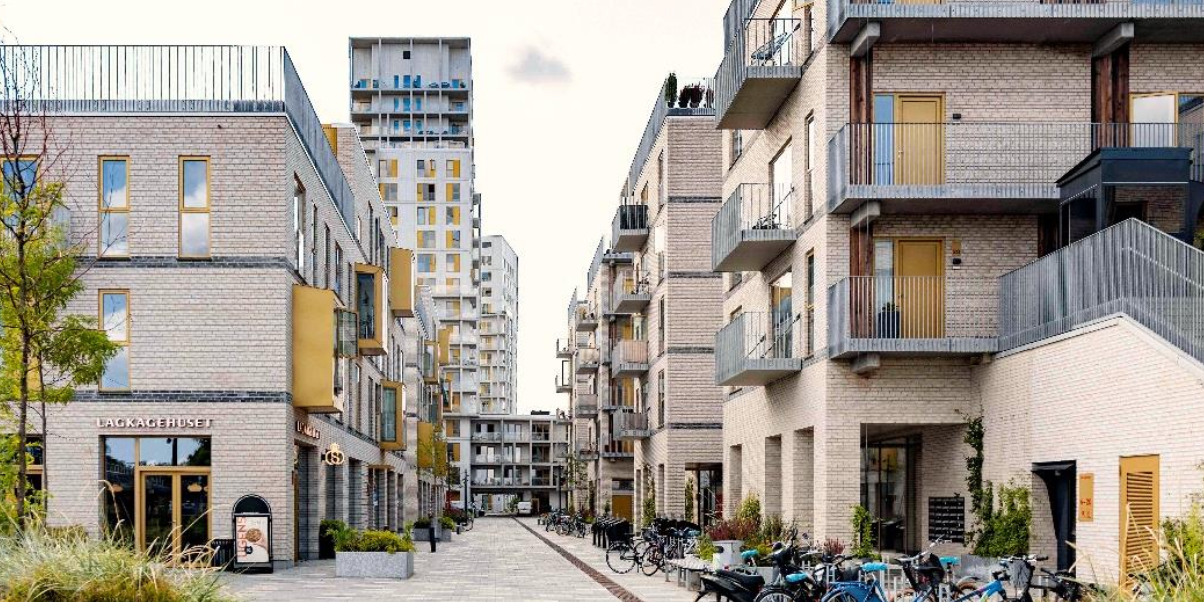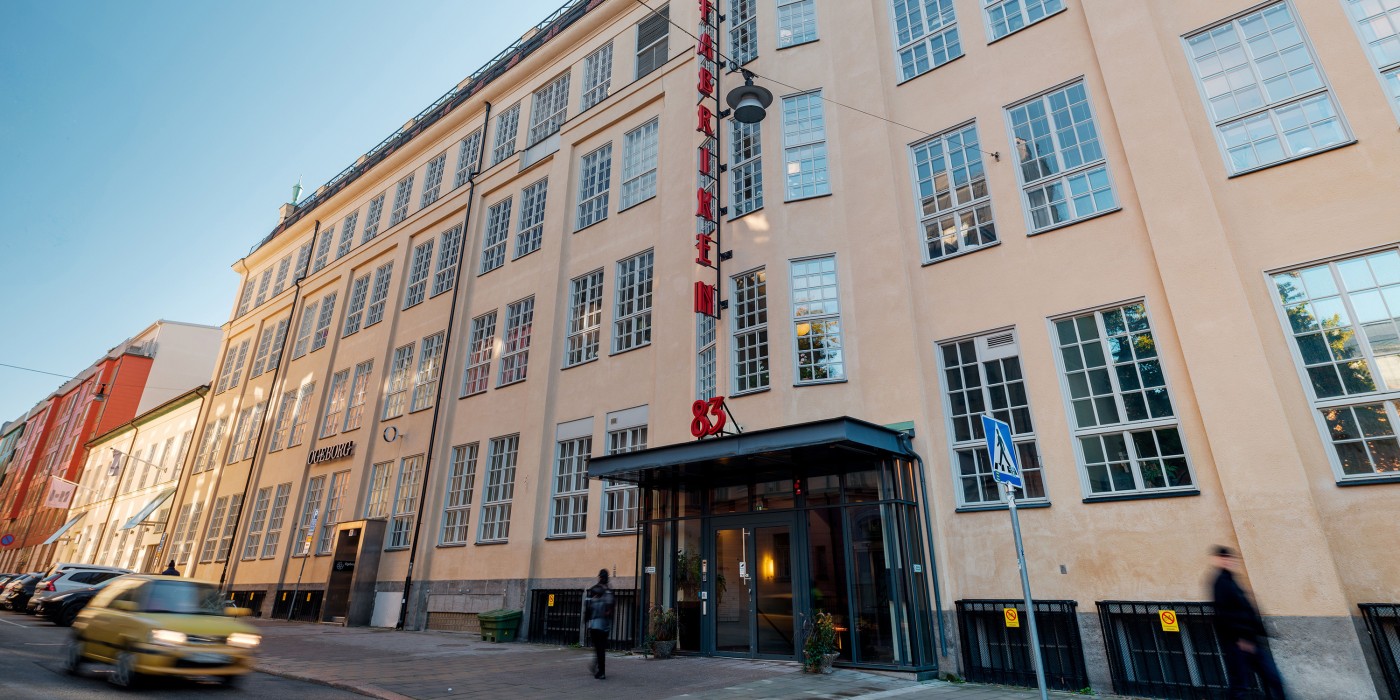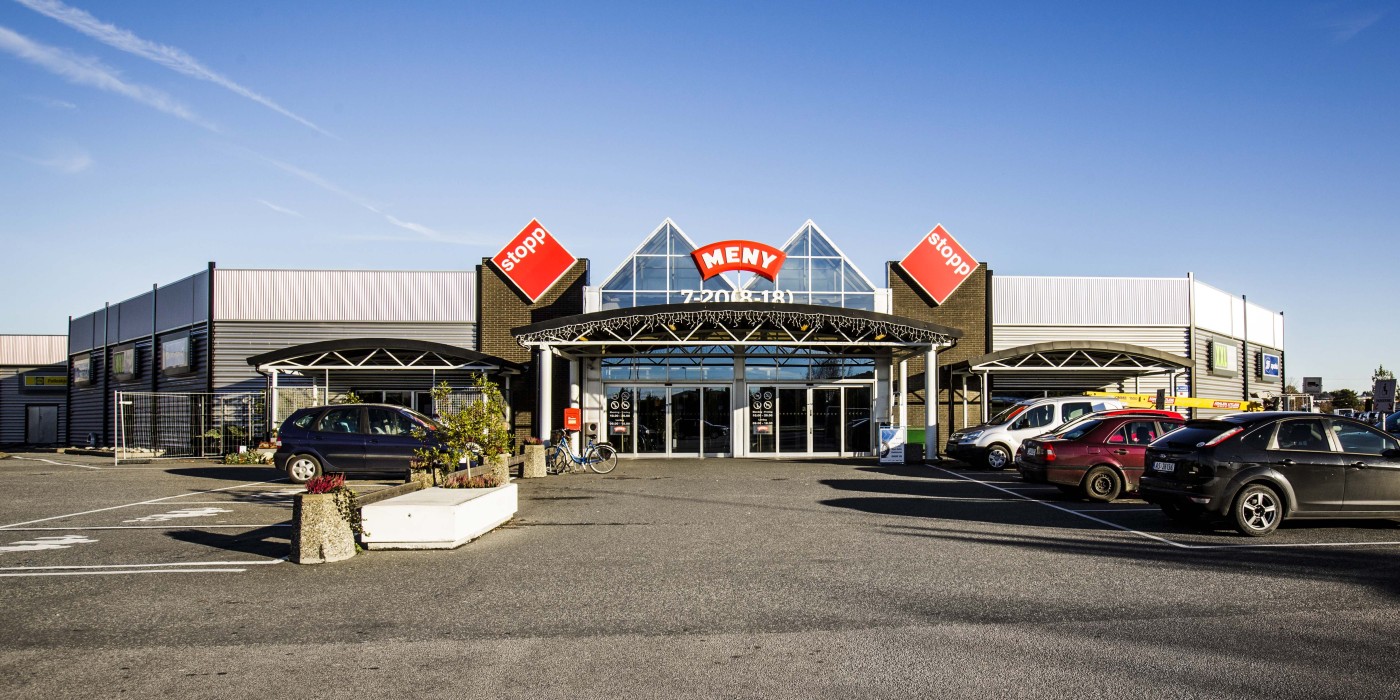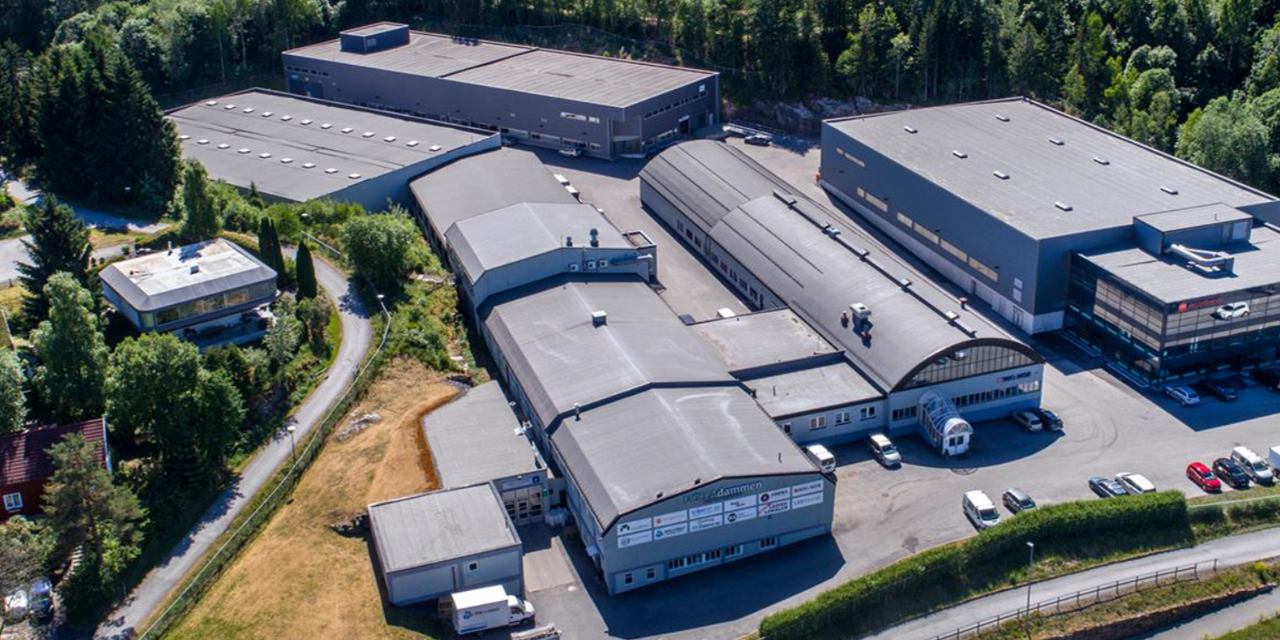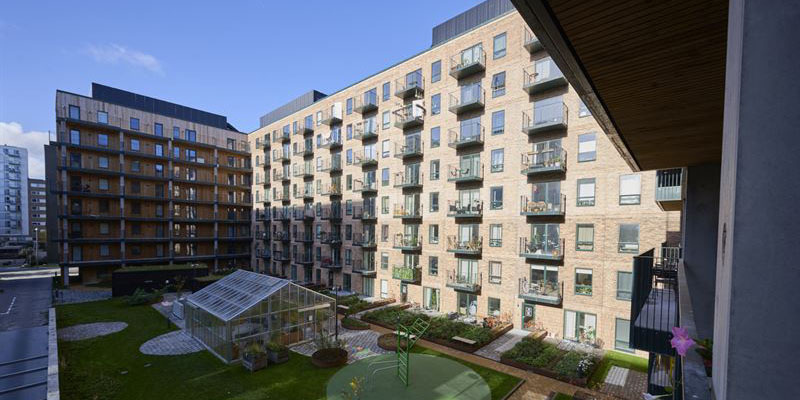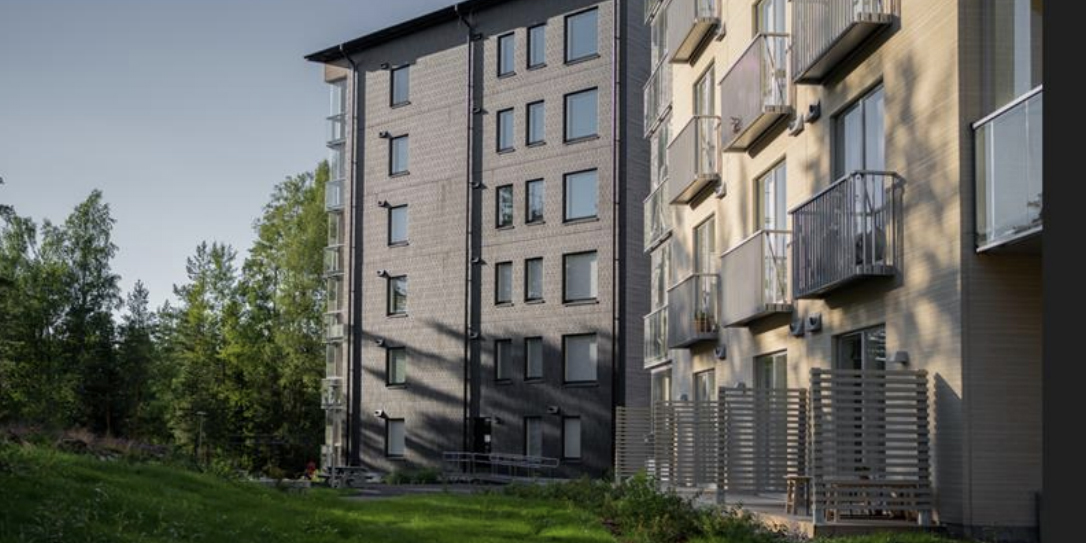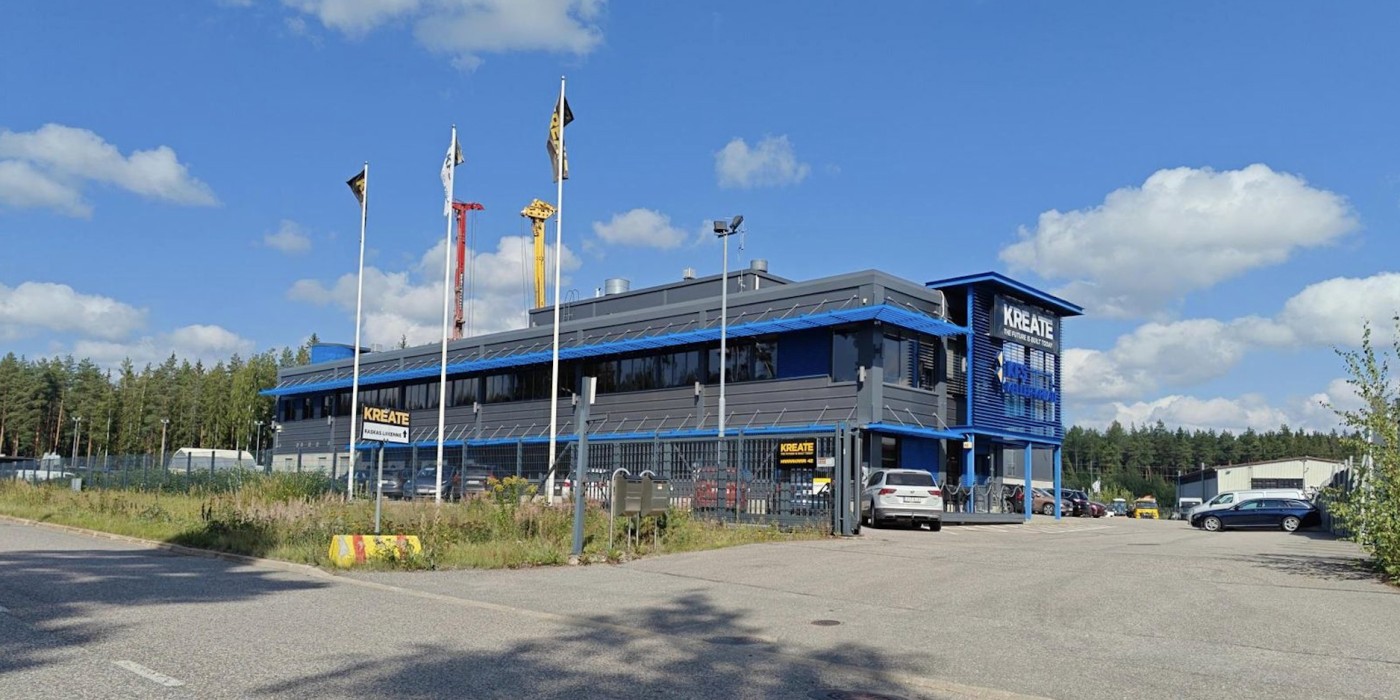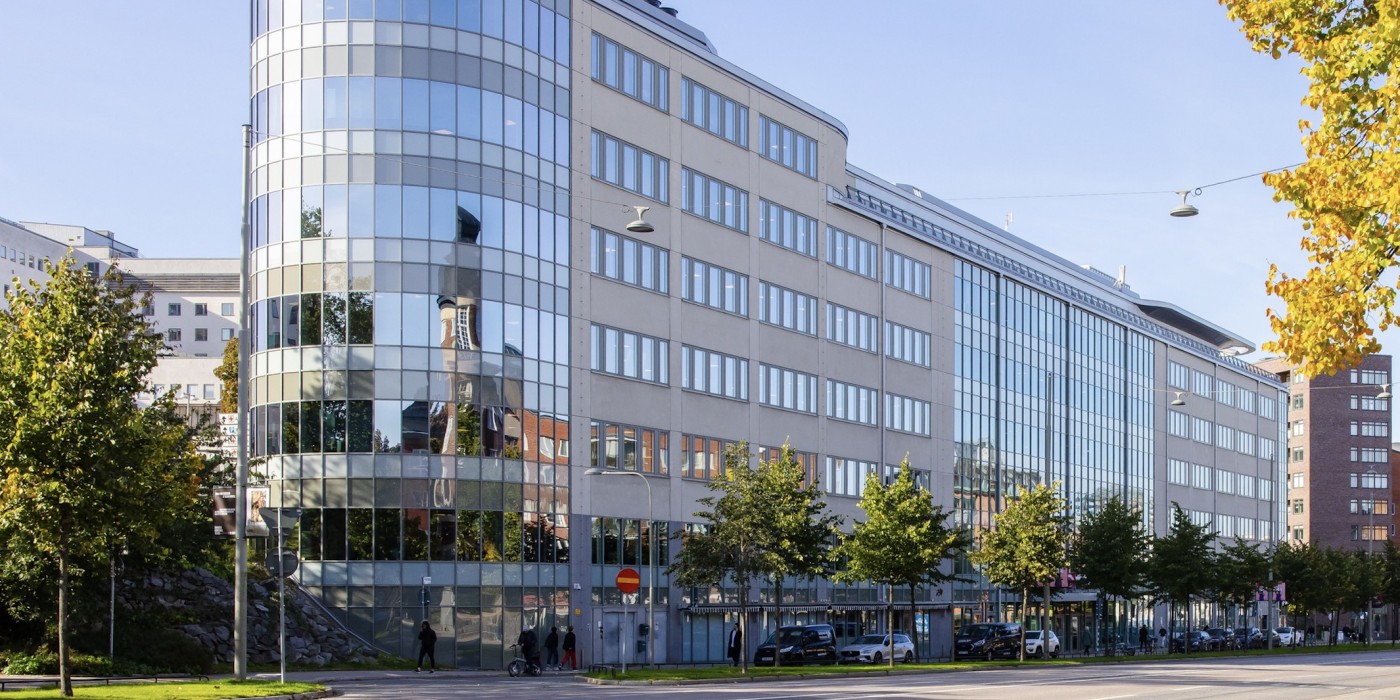“This year’s second CREDI survey is heavily influenced by the ongoing pandemic as the Current Situation index is at 24.6 while the Expectations index is noticeably more positive at 56.3. Thus, it can be concluded that respondents expect a recovery in the near future while the current situation remains negative,” says Carl Wingmark, Partner at Catella.
“Following the pandemic, property companies’ market capitalisation has decreased from a previous record premium of around 30 per cent in the fourth quarter, to a valuation at par with EPRA NAV. A near 40 per cent drop in market capitalisation seems dramatic but must be put into perspective to the recently strong bull market, as the annual change in market capitalisation remains positive,” Carl Wingmark continues.
“The OMX Stockholm 30 has recovered over the last months and is only around 10 per cent below its peak from February 21. Investors are now adjusting their yield expectations for all types of assets according to their long-term macro view of low growth, low inflation and low interest rates. This will benefit property in relation to other assets classes,” says Arvid Lindqvist, Head of Research at Catella.
“During the quarter, outstanding bond volume increased to around SEK 190 billion, up by around 11 per cent since the last quarter and up nearly 40 per cent since the first quarter of 2019. This was almost exclusively due to issuances on the European bond market. Although the activity on the Swedish bond market has improved, liquidity is still relatively low and credit margins are rather high. As a response, the Riksbank has announced that it will intervene in the market and buy corporate bonds from September and onwards,” Arvid Lindqvist concludes.
The Catella Real Estate Debt Indicator (CREDI) is attached and can also be downloaded from catella.com/en/sweden/research. CREDI consists of two parts: one is an index based on a survey of listed property companies and active banks, and the other a set of indices and analyses based on publicly available data.


 All Nordics
All Nordics
 Sweden
Sweden
 Denmark
Denmark
 Finland
Finland
 Norway
Norway


